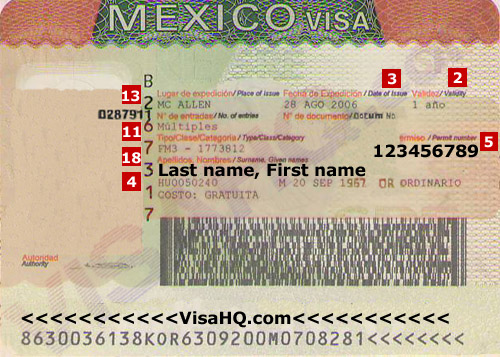Mexico Embassy list in United States of America
Need help?Chat with us
Why Trip Registration at the Mexico Embassy is Important
Registering your trip with the Mexico embassy is crucial for ensuring your safety and maintaining effective communication during your travels. In the event of a natural disaster, like an earthquake or hurricane, the embassy can quickly provide vital information and support. For instance, if you’re in a region affected by flooding, the embassy can guide you on evacuation routes and safety measures. Additionally, in cases of political unrest or protests, being registered allows the embassy to locate and assist you more efficiently, helping you navigate through potential hazards. Furthermore, should you face a medical emergency, the embassy can facilitate communication with local healthcare providers and offer assistance in managing your situation. Overall, registration enhances your security and ensures you receive timely support in critical circumstances.
Mexico Embassy FAQs
Can the Mexico embassy assist in legal issues abroad? Yes, the Mexico embassy can provide assistance in legal matters, including helping you find local legal representation and guidance on your rights as a Mexican citizen.
What should I do if I lose my Mexico passport in the United States? If you lose your Mexico passport in the United States, report it immediately to the local authorities and then contact the nearest Mexico embassy or consulate to apply for a replacement.
Does the Mexico embassy provide notary services? Yes, the Mexico embassy offers notary services for various documents, such as power of attorney and marriage certificates.
How can I obtain information about visa requirements for traveling to Mexico? You can find updated information regarding visa requirements on the official website of the Mexico embassy or by directly contacting them for assistance.
Does the Mexico embassy offer any educational services? Yes, the embassy provides information about studying in Mexico, including scholarship opportunities and educational programs.
Services Provided by Mexico Embassies in the United States
Passport Services
- Issuance of new passports
- Passport renewal
- Lost passport replacement
Visa Issuance for Foreign Nationals
- Tourist and business visas
- Student visas
- Work-related visas
Assistance in Legal or Medical Emergencies
- Legal representation referrals
- Medical emergency support
- Notification of emergency contacts
Travel Alerts and Safety Updates
- Timely alerts on safety concerns
- Travel advisories and recommendations
Support for Nationals Detained Abroad
- Assistance for detained citizens
- Coordination with local authorities
Summarized Diplomatic Presence
Mexico maintains a strong diplomatic presence in the United States, with 50 consulates and one main embassy located in Washington, D.C. These diplomatic missions serve crucial functions, including protecting the rights of Mexican citizens, facilitating visa processes, and fostering bilateral relations. In major cities such as Los Angeles, Chicago, Houston, and New York, the consulates play a vital role in providing services to the large Mexican diaspora, helping both nationals and foreign visitors navigate legal and bureaucratic challenges. This extensive presence not only strengthens economic and cultural ties between the two countries but also promotes cooperation on security and immigration issues, underscoring the importance of a robust bilateral relationship.
